According to the National Institute for Occupational Safety and Health (NIOSH), 2,000 workers across an array of industries sustain job-related eye injuries every day that require medical treatment. Workplace injuries cost employers millions each year due to medical expenses, worker’s compensation, and lost productivity. Proper eye and face protection, combined with awareness and training, goes a long way toward preventing the majority of these injuries.
Electrical work requires eye safety equipment. Running wiring, replacing fixtures, and hanging brackets require tools to cut or drill holes in structures, which can kick up a lot of dust and other debris that can cause eye problems. As an electrician, you will also need protection when dealing with radiation from visible, ultraviolet, and infrared light. You could be working with other tradesmen who use harmful chemicals as part of their work. All these things will require eye protection. Therefore, we recommend following these steps to choose the right eye wear.
Look for Eye Hazards
The first step to creating a safe work environment and picking the right eye protection for a job is to know your exact risks. Identify the potential sources of hazards, from nearby workers to large machinery to shifting, flying, or falling debris. Most eye-related injuries are from materials striking or scraping the eye but look out for penetration hazards as well. Chemical and thermal burns require different eye protection and other equipment and are crucial to keep in mind when choosing personal protection equipment (PPE).
Choosing Eye Protection
The type of eye protection you need as an electrician will depend on your surroundings, what type of work you’re doing, your personal vision needs, and the appropriate standards for the work performed. For general eye and face protection, OSHA tells employers across industries to refer to ANSI Z87.1 to find the appropriate eyewear and advises keeping it clean and in good repair. Safety glasses with side protection are best for areas with airborne particles to keep debris from entering the eyes. Goggles are a better option for areas with chemicals present. Radiation hazards will require specially designed goggles or helmets for the job.
For arc hazard flashes, reference the NFPA 70E standard for appropriate hazard analysis and the creation of an electrically safe work environment, including safe PPE. Even in an environment that’s de-energized, as an electrician, you should stick with fully dielectric eye protection. Dielectric safety glasses will have no metal parts, which is crucial in a location with electrical arc hazards. Sometimes a face shield is also needed for protection against electrical arcs. If your work requires welding or cutting, invest in gear designed to protect against UV radiation and welder’s flash, like filter lenses, and have ointments and eye patches on hand just in case.
Eye Safety Controls
Eye and face protective gear is the last line of protection against injuries. Creating a safe work environment will require making a checklist of other controls, not just PPE. All of the tools for the job must work properly, safety features must be in place, and workers must be trained. Keep bystanders and unnecessary personnel out of the hazardous area. Remove debris from your body and your safety gear before you take off your eyewear. Clean your PPE regularly, and don’t touch your eyes with dirty hands or clothing.
Finally, keep your first aid supplies close, and make sure that everyone knows what to do in the event of an accident. No matter how prepared you are, there’s always a chance that something can go wrong. Being able to think quickly and provide first aid can make a huge difference in saving a worker from permanent injury.


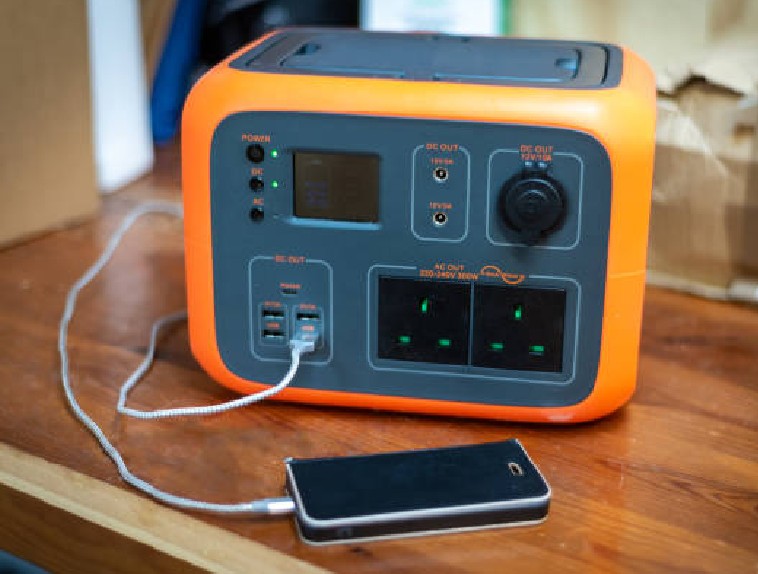
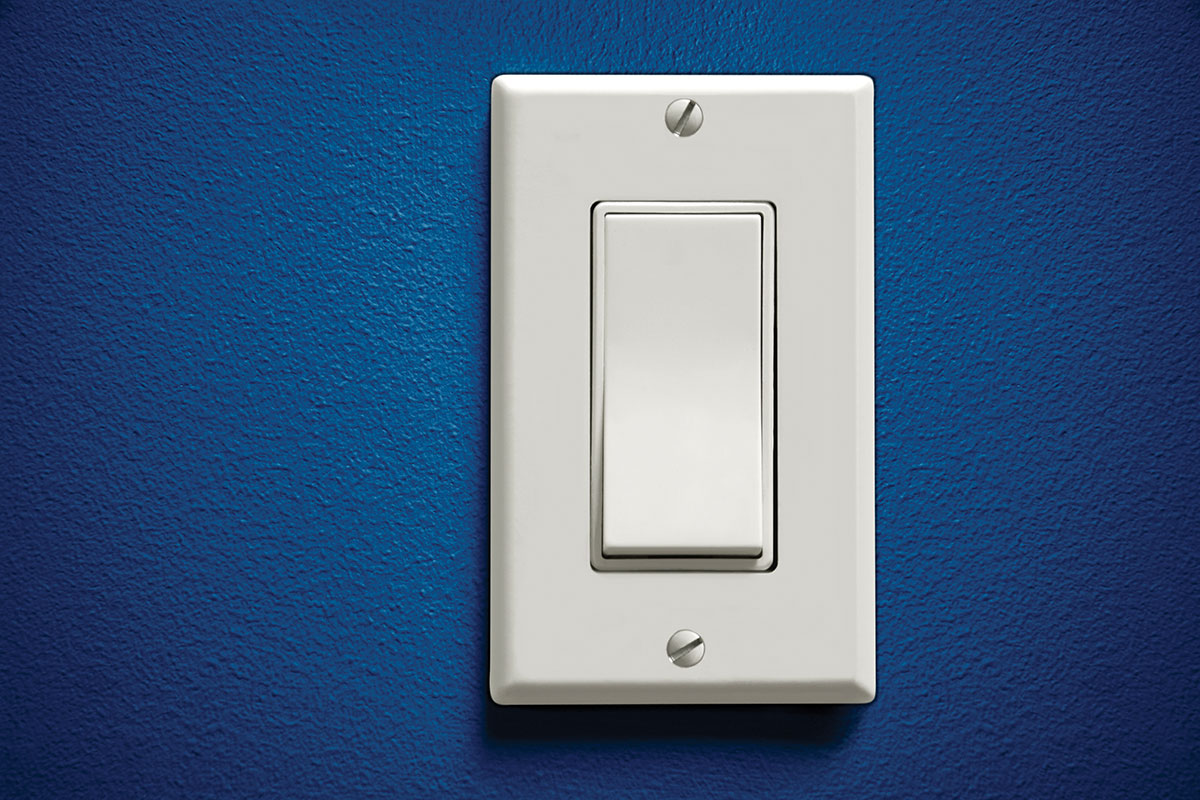
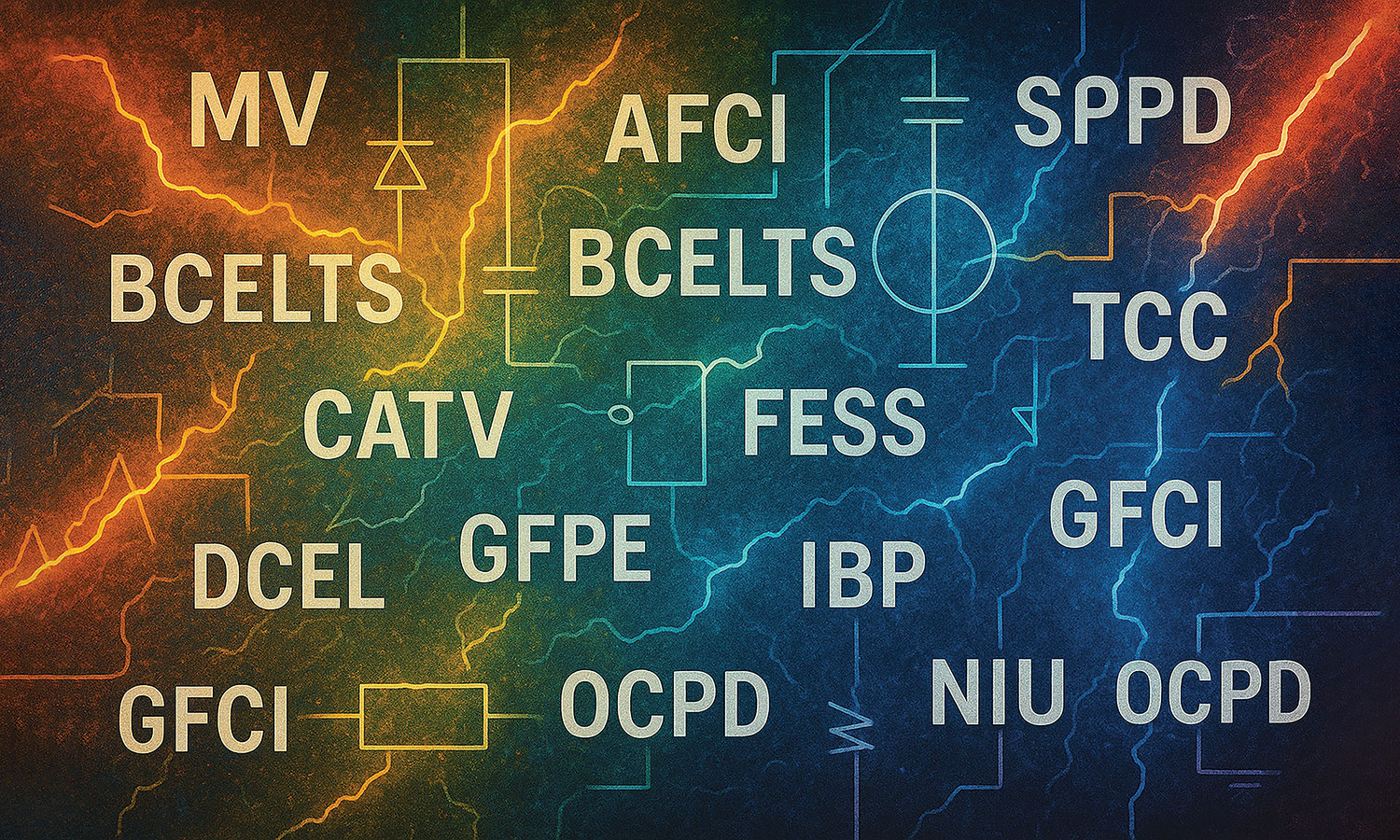
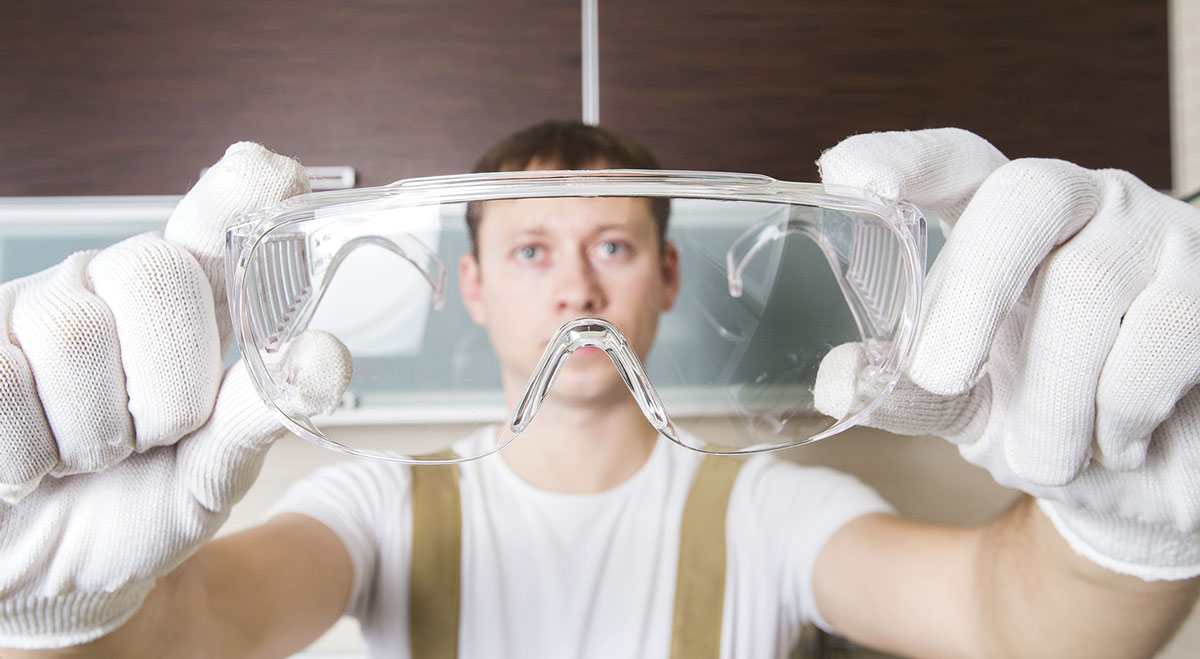






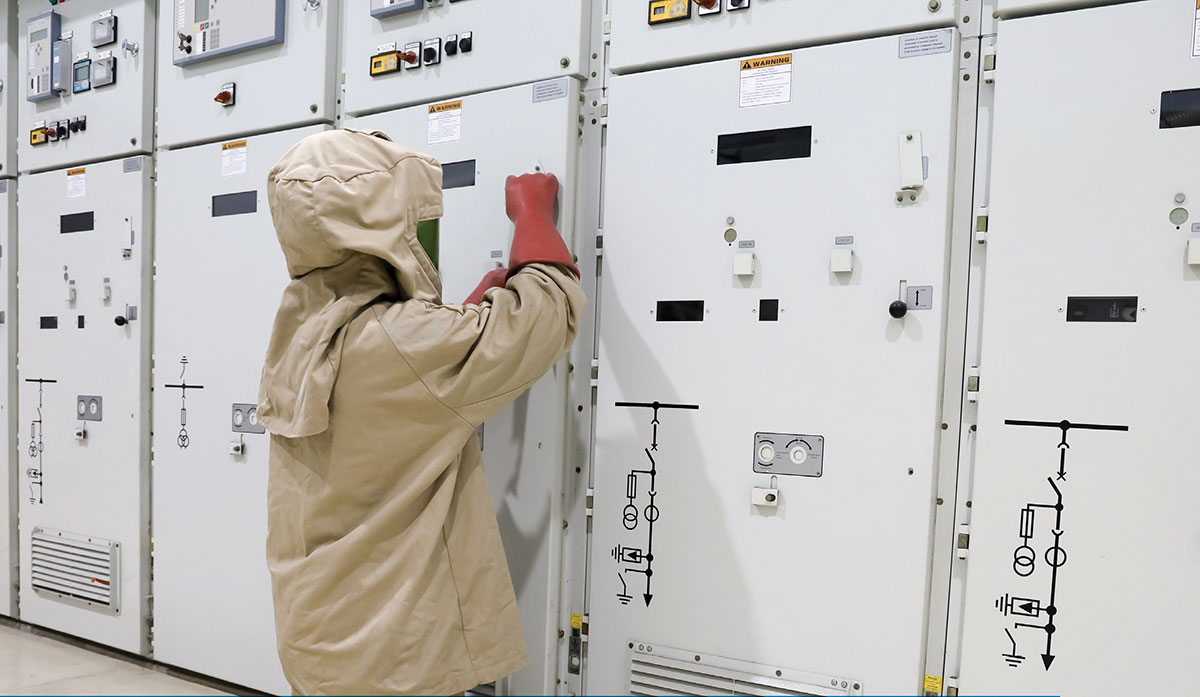
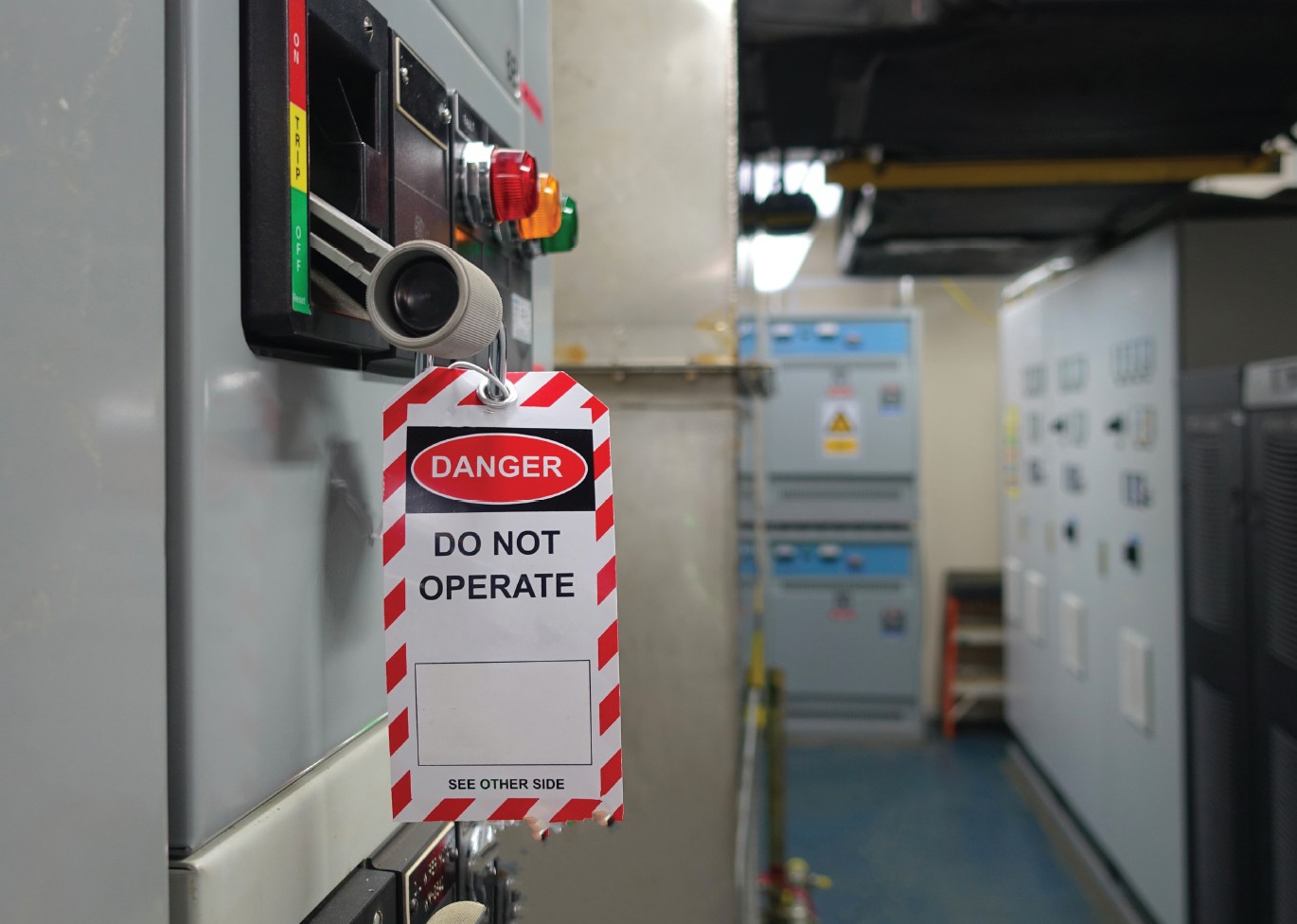
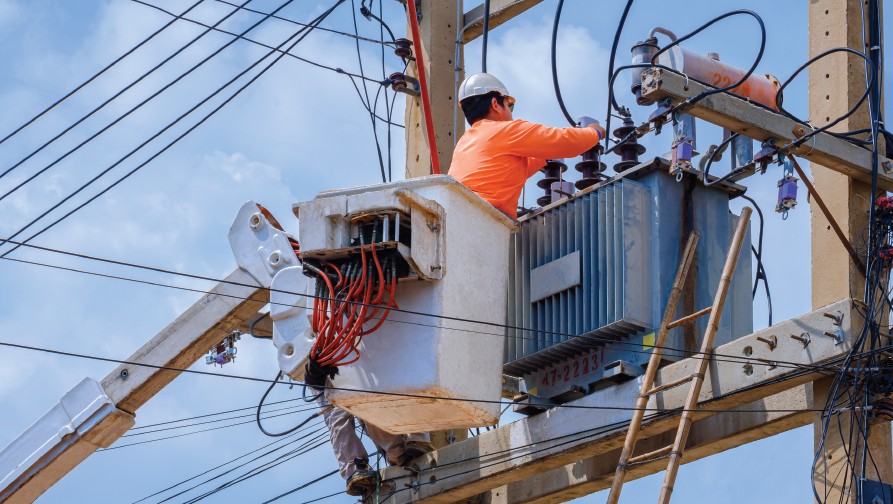
Find Us on Socials